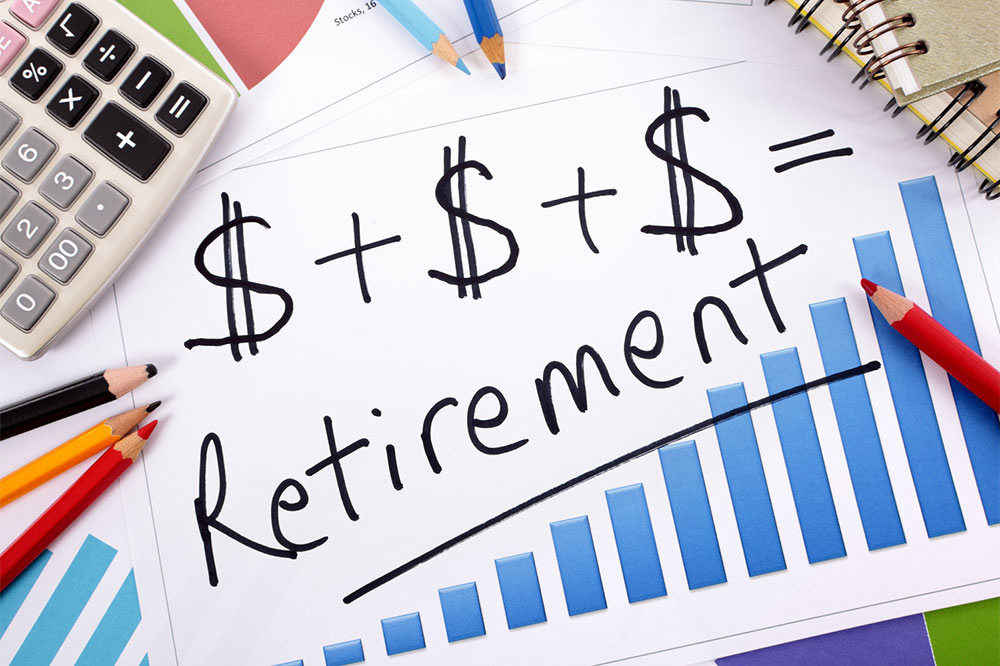Pros and cons of some of the best retirement investments

Investment of any nature and for any goal is always a good idea, apart from saving for your retirement. The rising rate of inflation coupled with reduced pension plans demonstrate the need for retirement-focused investments, which will not just deliver value over an extended period of time.
That being said, not all assets are capable of delivering high returns at low risk and have their own set of importance to investor portfolios. To help you make an informed investment decision, here are some best retirement investments and their pros and cons.
- Cash-balance plans
Similar to pensions, a cash-balance plan offers a fixed amount of return at the time of retirement. However, unlike pensions, every employee has a cash-balance account where the lump sum amount is mentioned. Employers credit this account with a set percentage of the employee’s yearly compensation plus interest charges.
Pros: A defined-benefit is a major attraction of cash-balance plans. Additionally, you don’t have to pay a single penny for it and yet it offers a tremendous certainty of retirement funds. In case of a job switch, these accounts can be transferred to your new job.
Cons: Should you choose to retire early, the plan wouldn’t benefit much. Moreover, older employees stand to lose if the employer switches from pensions to cash-balance plans.
- Retirement annuities
Retirement annuities are contractual insurance-like agreements between you and the insurance company. Similar to various types of insurance, you pay a specified premium monthly or a lump-sum amount to the insurer for a specified period of time. In return, you get monthly, semi-annual, or annual income from the insurance company after retirement.
Pros: The biggest advantage of annuities is the promise of a guaranteed stream of income until you live. Annuities are also tax-deferred, which gives you control over when you pay your taxes. Fixed retirement annuity, meanwhile, even promises a certain rate of return.
Cons: Annuities demand hefty fees, which are mostly paid to agents. A way to get around it is to buy it directly from the insurer. Lack of liquidity, higher tax rates, and its complexity are some of the other drawbacks of this asset.
- Balanced funds
Balanced funds are a good choice for investors nearing retirement. Here, your money is invested across a range of stocks and bonds. Primarily, 60% of your money is invested in stocks, and the remaining 40% in bonds. These funds are different from target-date funds, which are designed for individuals looking to retire at a specific time.
Pros: The biggest advantage of balanced funds is its diversification. Money is allocated in both stocks and bonds simultaneously, unlike investing individually in both which can prove challenging. Also, a mutual fund management team provides continued assistance and guidance, which is highly important for maximizing returns.
Cons: Fees can sometimes be higher in balanced funds and investors themselves have little say in the allocation of funds in different assets.
Roth gold IRA
Another option worth considering is Roth gold IRAs, which can be used to invest in tangible assets such as art, antiques, collectibles, and real estate. Contributions to this account are made post-tax and are considered non-deductible. For those up to the age of 49, the contribution limit is capped at $6,000 per year. Those who are 50 and older can contribute up to $7,000 to this account.
Pros: These contributions can provide a safety net against inflation, as they retain their value well. They are also a great option for those who are looking to diversify their investments.
Cons: Roth gold IRAs are associated with high maintenance fees, volatility, and lack of liquidity. Additionally, physical assets may be associated with a risk of loss or theft.

